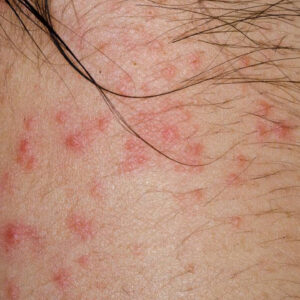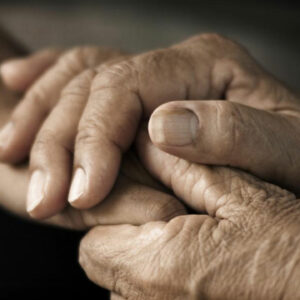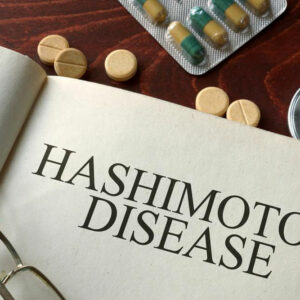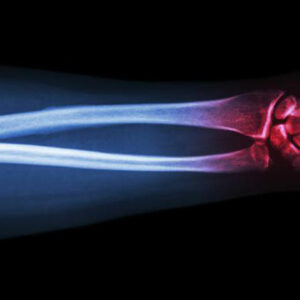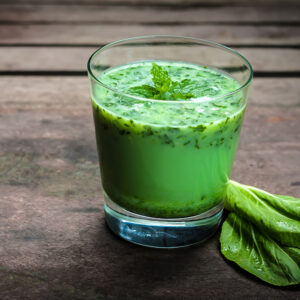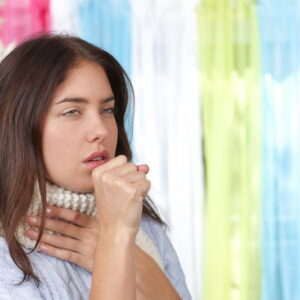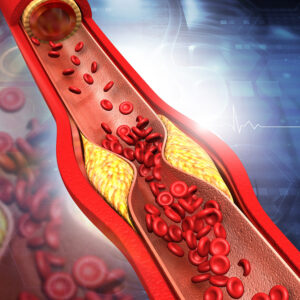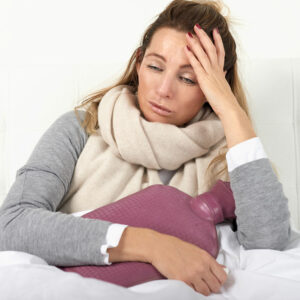How to find cheap vacation packages
Vacations are the best way to unwind. But planning a vacation can be a stressful task. Not only do you have to sort out details like flight tickets, hotel accommodations, etc. but also keep in mind budgetary constraints. Usually, the best way out of this mess is to opt for vacation packages. These packages take care of you living, dining, and sometimes even touring essentials. Here are some ways you can get the best vacation packages at cheap prices: Be flexible with the dates It is cheaper to fly out to your vacation destination off-season. Not only are the prices on flight tickets and hotel rooms reduced, but you also don’t have to deal with large crowds. If you are not particular about flying out on the off-season dates, you can get yourself cheaper vacation packages. It is best to avoid flying out during the festive season. If you want to travel during this time, make sure you book the flight tickets way in advance. A study says that the dead zone for tourism is from January to February. Choose an off-beat destination Since an underrated location, usually sees less tourist footfall, the vacation packages for these places are cheaper. Although lacking in popularity, you can be sure that some of these local places are not short in beauty, culture, and amenities. Some of the underrated vacation destinations include Honduras, Albania, Bolivia, and the Philippines. However, since these off-beat locations are not a common route, the airline prices might be high. It is always better to consider the difference in cost and make a well-informed decision. More the merrier Vacation packages do not have to burn a hole in your pocket if you have a group to share expenses with. Sharing a room with your buddies is a great way to reduce living expenses. Try alternative living facilities While it is tempting to book that five-star hotel for a luxurious vacation, lodging is one of the few areas where you can cut down your expenses. Most of the time you would be exploring the place with sightseeing, adventure sports, and other activities. These things will keep you away from your hotel room. Hence, booking a five-star accommodation with a fitness center and all the fancy inclusions will not be ideal for your budget. Also, it can be quite an experience, not to mention frugal, to stay in a quaint Bed and Breakfast or an Airbnb. For those strapped for cash, CouchSurfing is also an option. Gaining popularity in recent times, CouchSurfing lets you crash in a host’s home. Having a local family as your host, can let you learn more about the culture. You can find a valuable guide and get a more immersive experience as well. Play it smart with your online travel agent Most travel websites work on an algorithm that lets them track the amount of time you spend on their website, and which vacation packages you check out. If you leave the vacation package in the cart and close the website without making a payment, they usually sent you a voucher or discount offer as a means to push you to purchase. It is a common marketing tactic. Though this might not be the case with all websites, it is certainly worth the try. Also, make sure you do not accidentally buy the vacation packages through a one-click purchase or saved credit cards. Sign up for alerts and emails The best way to know about deals and discounts on vacation packages is by signing up for notifications and emails by travel websites. These alerts might seem like spam but are quite helpful for future travel experiences. You can get fare reductions and offers on flights and hotel bookings. For example, websites like AirfareWatchdog and Kayak send you regular updates on the cheapest flights for the next few months to your preferred destinations. Furthermore, the websites Travelzoo or Groupon send you emails with the hottest travel deals. Double-check your vacation package Sometimes, the vacation packages you choose have hidden fees and surcharges that increase your expenses. Certain resorts are notorious for adding a resort fee that goes unnoticed while billing but increases your fare quite a bit. Also, there is the case of amenities such as car rentals or tours that cost an exorbitant amount when included with the package but are quite inexpensive otherwise. It is wise to customize your vacation package and opt for stand-alone facilities as they may be cheaper. Fly from major airports A few travel websites add a surcharge to your vacation package if you fly out from a smaller airport. You could book a separate flight through major airport hubs like LA, New York City, or DC to reduce these charges. Choose to upgrade Sometimes, vacation packages offer you the option to upgrade to a better hotel for an increase in fee. It is always smart to make this upgrade as you would get much better facilities for the price offered.
